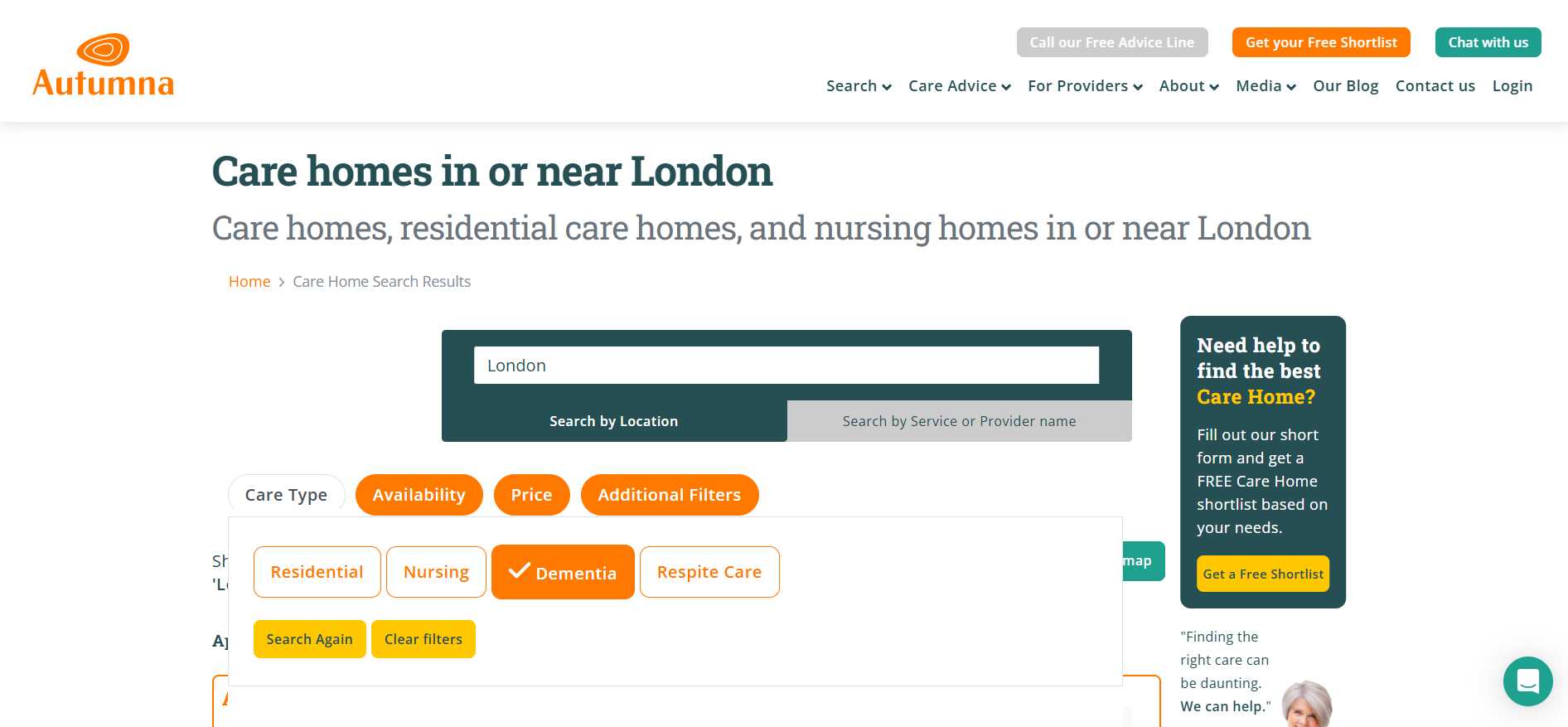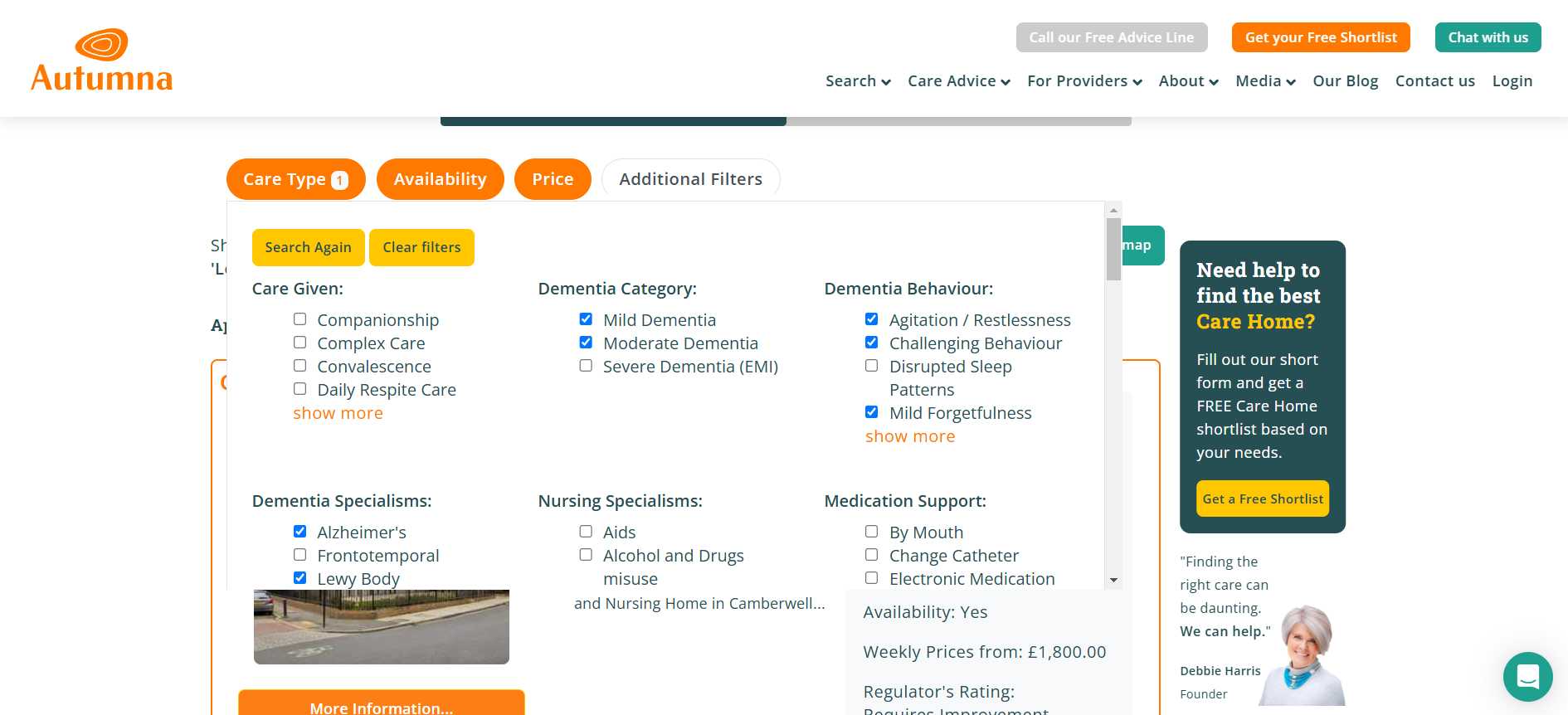Posted by Janine Griffiths
Can you get power of attorney for someone with dementia?

When a loved one is diagnosed with dementia, ensuring their future care needs and financial security is taken care of becomes a priority. One of the most important steps you can take is setting up a power of attorney, a legal document that allows a trusted person to make decisions on their behalf when they are no longer able to do so.
In this guide, we’ll explore what a power of attorney is, the three different types of power of attorney, and why having one in place is crucial for someone with dementia. We’ll also answer the key question—can you get power of attorney for someone with dementia?—and walk you through the process of arranging one.
Understanding power of attorney early can make a significant difference and ensure your loved one’s affairs are managed smoothly and in line with their wishes.
What is a power of attorney?
A power of attorney (POA) is a legal document that allows a trusted person (the attorney) to make decisions on behalf of another individual (the donor). It can cover financial, medical, and personal matters, depending on the type of POA chosen. This ensures that important decisions can still be made if the donor becomes unable to manage their own affairs.
Why make a power of attorney?
Without a power of attorney in place, loved ones may face complex legal hurdles to manage even basic affairs, such as paying bills or making medical choices. If your loved one becomes unable to make decisions for themselves, or they become incapacitated in some way, families will have to apply to the Court of Protection to get a deputyship, which can be expensive and time consuming.
By setting up a power of attorney early—while the person with dementia still has mental capacity—you can provide peace of mind, knowing that their future is in safe hands.
3 different types of power of attorney in England and Wales
Before we provide an answer to the question ‘can you get power of attorney for someone with dementia?’, it is first helpful to understand the different types of power of attorney available. In England and Wales, there are three main types of power of attorney, each with its own specific role and function. Understanding these distinctions is essential for planning ahead and ensuring your wishes are respected.
It’s important to note that the rules around power of attorney differ depending on where you live in the UK. Scotland and Ireland, for instance, have their own legal framework, with different types of power of attorney and a distinct registration process. This is why it is important to familiarise yourself with the legal requirements in whatever country or region within the UK that you live in to ensure you have the right protections in place.
Below are the three different types of power of attorney in England and Wales:
Lasting Power of Attorney
Lasting power of attorney (LPA) is designed for long-term decision-making and remains valid even if the donor loses mental capacity. There are two types of LPA:
- Property and Financial Affairs LPA
- Health and Welfare LPA
The Property and Financial Affairs LPA allows the attorney to manage financial aspects such as banking, property transactions, tax matters, and bills. The donor can choose whether it comes into effect immediately or only when they lose mental capacity. The Health and Welfare LPA grants the attorney authority to make decisions about medical treatment, daily care, and living arrangements. Unlike the Property and Financial LPA, it only comes into effect if the donor loses mental capacity. LPAs must be registered with the Office of the Public Guardian before use, and the donor can specify preferences and instructions to guide the attorney. This provides long-term security for financial and healthcare decisions.
Ordinary Power of Attorney
An Ordinary Power of Attorney (OPA) is a temporary arrangement that grants the attorney authority to act on the donor’s behalf for a limited period. It is typically used when the donor needs help managing financial matters, such as banking, property transactions, or paying bills. The OPA is only valid while the donor has mental capacity and can be limited to specific financial tasks. It is often used in situations like extended travel or temporary illness. However, once the donor loses mental capacity, the OPA automatically becomes invalid, making it unsuitable for long-term planning.
Enduring Power of Attorney
An Enduring Power of Attorney (EPA), although no longer available for new applications since October 2007, remains valid if it was created before this date. EPAs specifically cover financial decisions and, unlike an Ordinary Power of Attorney, remain valid even if the donor loses mental capacity. An EPA only applies to financial matters and must be registered with the Office of the Public Guardian when the donor loses mental capacity. If an EPA was created before 1st October 2007, it is still legally recognised and can be used.
Power of Attorney in Northern Ireland
In Northern Ireland, there are two main types of power of attorney: General Power of Attorney and Enduring Power of Attorney. Each serves a different purpose, depending on whether the donor (the person granting authority) still has mental capacity or not.
General Power of Attorney: A General Power of Attorney allows the appointed individual (the attorney) to make financial and legal decisions on behalf of the donor. This can be broad or limited to specific tasks, such as managing bank accounts or property transactions. However, it is only valid while the donor has mental capacity—if they become unable to make decisions, the General Power of Attorney automatically ceases.
Enduring Power of Attorney (EPA): In Ireland, an Enduring Power of Attorney (EPA) is designed for long-term planning. It allows the attorney to take over decision-making if the donor loses mental capacity due to illness, such as dementia. Unlike a General Power of Attorney, an EPA remains valid even after the donor is no longer able to manage their affairs. However, for it to take effect, it must be registered with the High Court once the donor starts losing capacity. The EPA can cover financial, property, and personal welfare decisions, ensuring the donor's needs are managed appropriately.
Types of Power of Attorney in Scotland
In Scotland, there are three main types of Power of Attorney, which are: Continuing Power of Attorney, Welfare Power of Attorney, and Combined Power of Attorney. Each serves a different purpose, ensuring that individuals can appoint trusted people to manage their affairs if they become unable to do so themselves.
Continuing Power of Attorney: A Continuing Power of Attorney deals with financial and property matters and can take effect immediately or when the individual loses capacity.
Welfare Power of Attorney: A Welfare Power of Attorney, on the other hand, covers personal and healthcare decisions but only comes into effect if the individual is no longer capable of making these choices.
Combined Power of Attorney: A Combined Power of Attorney includes both financial and welfare powers, providing comprehensive coverage for all aspects of decision-making. Unlike in England and Wales, all Scottish Powers of Attorney must be registered with the Office of the Public Guardian (Scotland) before they can be used, ensuring proper legal oversight.
Regardless of where you live in the UK, selecting the appropriate Power of Attorney depends on your individual circumstances and needs.
Can you get power of attorney for someone with dementia?
If you’re wondering whether you can get power of attorney for someone with dementia, the answer depends on their mental capacity. If the person still understands what granting power of attorney means, they can assign that role to someone to ensure their affairs are managed when they are no longer able to do so. Acting early is essential, as waiting too long may mean they lose the ability to legally grant this authority.
But many people also ask the question: Can you get power of attorney for someone with dementia if their condition has advanced?
If the condition is in its early stages and they can still make their own decisions then it is possible to arrange a power of attorney in that circumstance.
Unfortunately, once they can no longer make informed decisions, they cannot legally appoint an attorney. In this situation, family members must apply to the Court of Protection for a deputyship.
By setting up power of attorney early, families can avoid legal hurdles and ensure that financial, medical, and personal decisions are made smoothly in the best interests of their loved one.
How to arrange a power of attorney
Arranging a power of attorney involves selecting someone you trust completely to make decisions on your behalf if you're unable to do so yourself. It's crucial to make these arrangements while you're still capable of making informed decisions.
To begin, it's essential to discuss the matter with the person you intend to appoint as your attorney. You should also seek legal advice to ensure the process is done correctly and in line with the law. Depending on your jurisdiction, there may be different types of power of attorney which cater to specific needs like healthcare or financial management so it is important to familiarise yourself with these to understand what will work best for you and your family.
Once you've completed the necessary paperwork, it’s important to have it witnessed and signed according to legal requirements. Keep in mind that the power of attorney can be revoked or altered as long as the person granting it is mentally competent. Therefore, it’s always best to handle these matters proactively to ensure peace of mind for all parties involved.
Looking for a dementia care home?
If you are looking for a dementia care home for a loved one, Autumna can help. Our comprehensive online directory allows you to search for care homes in your area.

Our comprehensive database means you can apply filters to find care homes that specialise in particular types of dementia care.

You can also use our shortlisting tool and answer a few questions to generate a list of more personalised suggestions. Alternatively, you can call 01892 335 330 and speak to one of our friendly team members for more information.
Receive a Free Care Home Shortlist!
Let our expert team of advisers get your search off to a great start.
Tell us a little about your needs and we'll send you a bespoke shortlist of care homes! Click the button below to begin, it takes just a few minutes.
Other articles to read
From the blog

Older Persons Care Advice
How to shortlist care homes in Exeter
April 17th, 2025
Looking for an adult day care centre near you? Discover how to find safe, joyful care for your loved one—and support for yourself—on Autumna.

Older Persons Care Advice
What is Discharge to Assess?
April 16th, 2025
Discover how Discharge to Assess (D2A) supports faster recovery, reduces hospital stays, and how Autumna helps simplify finding the right care.

Older Persons Care Advice
What are the benefits of person-centred care?
April 9th, 2025
Discover the benefits of person-centred care—from improved wellbeing to better outcomes—for individuals, families, and care providers alike.
Frequently Asked Questions
Yes, but only if they still have the mental capacity to understand and approve the decision. If not, you may need to apply for deputyship through the Court of Protection.
Without a power of attorney, managing their finances and medical decisions can be difficult. You may have to go through a lengthy and costly legal process to gain decision-making authority.
Start by ensuring they have mental capacity, then complete the relevant legal forms. The document must be signed, witnessed, and registered with the appropriate legal authority.
The UK's largest & most detailed directory of elderly care and retirement living options
10,432
Care Homes
12,386
Home Care Services
1,670
Live-in Care Services
1,826
Retirement Living Developments
Autumna is the UK's largest and most comprehensive later-life living & elderly care directory. Our detailed search facility and team of expert advisors can help you find the best care homes, nursing homes, retirement homes, retirement villages, home care, and live-in care services for you or your loved one's needs. Our website is free to use, we are proudly independent, and we never take referral fees.






